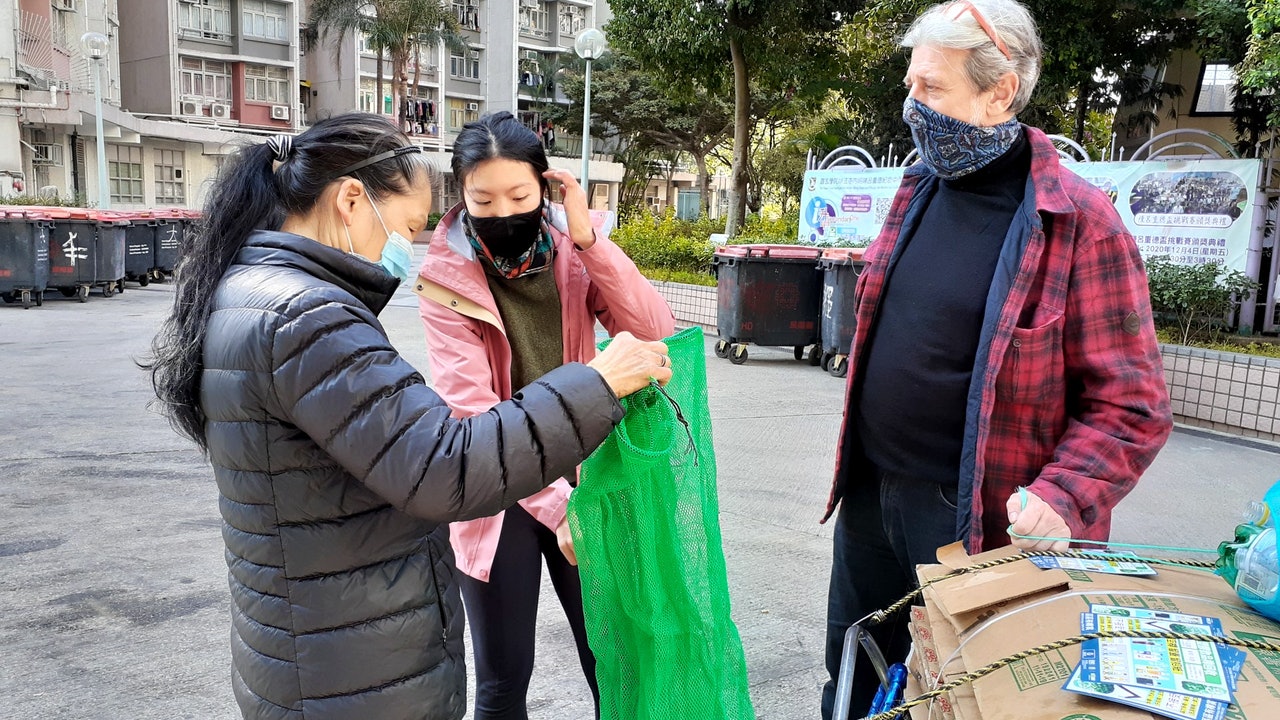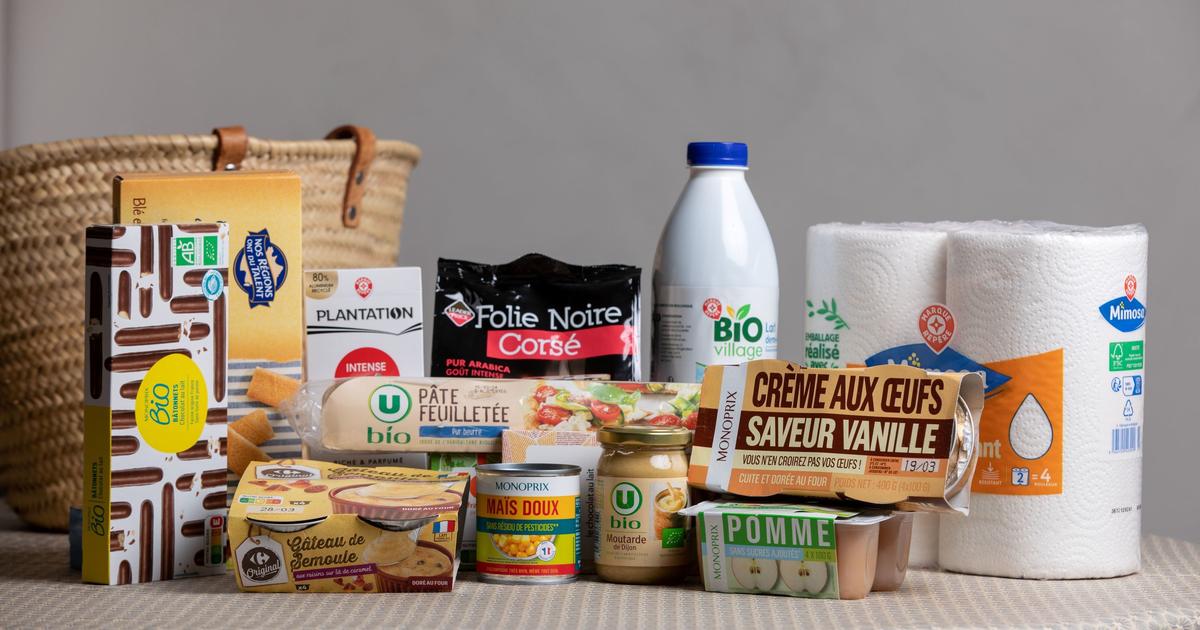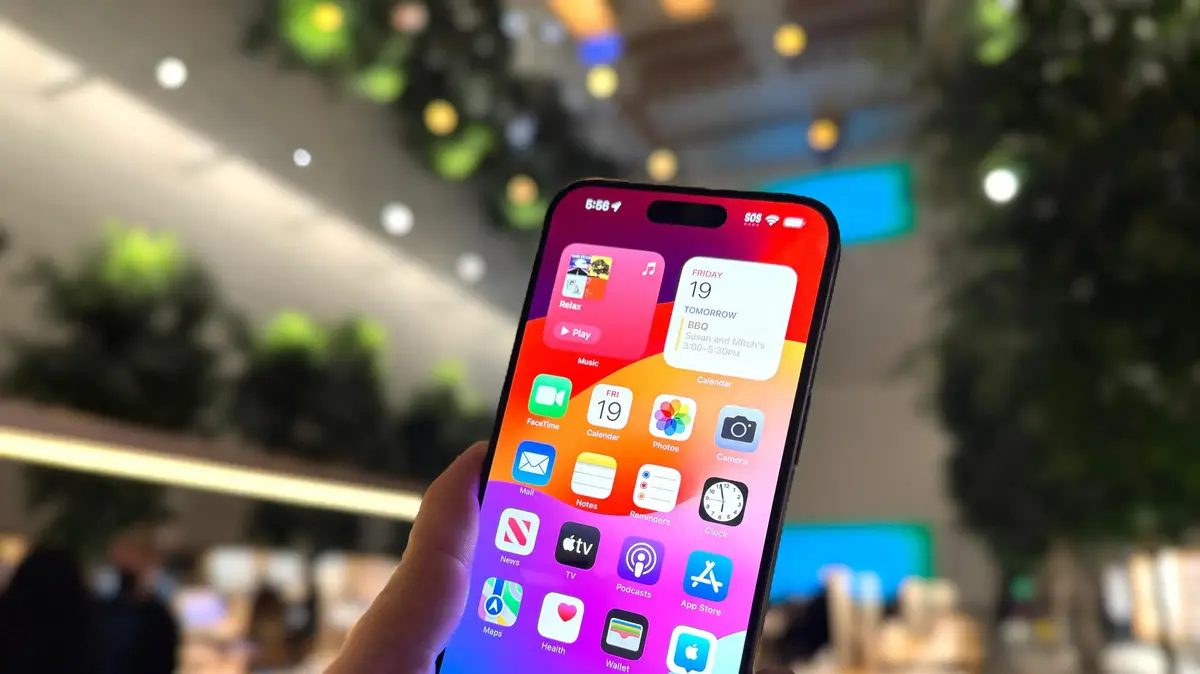Social News
Author: Contribution
2021-03-18 19:36
Last update date: 2021-03-18 19:36
At present, millions of discarded beverage packages such as plastic bottles and paper-packed beverage boxes are sent to landfills every day.
In order to more effectively reduce waste at the source, the government authorities are conducting public consultation on the "Producer Responsibility Program."
"Waste-free" Drinks will analyze multiple areas through a series of articles, including planned rebate amount, recyclable beverage packaging types, recycling locations and project leaders, etc., in order to find the most suitable producer responsibility plan model for Hong Kong.
Written by: "Waste" free drink Chairman Sima Wen, "Waste" free drink consultant Helga Vanthournout
The Environmental Protection Department has launched a public consultation on the "Plastic Beverage Container Producer Responsibility Program", recommending that the public recycle a plastic bottle and receive a $0.1 rebate.
(Free "waste" free drink provided)
Beverage packaging is an easily identifiable waste category. Since its establishment in 2017, "Waste" Free Drink has been committed to encouraging consumers to properly separate and recycle plastic bottles, paper-packed beverage boxes, metal cans, and glass bottles, so as not to cause problems in landfills in Hong Kong. The burden is even worse.
Setting up "just on foot" collection points is the key to promoting recycling, so that the general public, whether they are at home or small, tourists, office workers, or employees from all walks of life, can have enough motivation to separate empty bottles from other wastes. , And send them to the most convenient and reliable collection point, or hand over to other recycling staff in the community for disposal.
At present, it is estimated that there are about 400,000 foreign domestic helpers, cleaners and front-line recyclers working tirelessly to deal with materials such as paper skins and aluminum cans that are valuable in Hong Kong.
In 2020, a poll interviewed by more than 1,000 Hong Kong residents showed that a small amount of economic incentives is sufficient to push them to recycle.
The research commissioned by "Waste Free Drink" found that about 40% of consumers would recycle plastic bottles regardless of any incentives. At the same time, one third indicated that the 5 cents rebate was enough to attract them to recycle a plastic bottle after drinking.
This means that the economic incentive of 5 cents is enough to attract more than 70% of the citizens to recycle, and a simple economic incentive is enough to repay their efforts.
Not only that, there is more evidence that small incentives are enough to bring about great changes.
All-you-can-drink "Waste Free" is conducting a pilot project sponsored by the Recycling Fund to provide plastic bottle collectors and cleaners with a rebate of 5 cents per plastic bottle (about the same value as the material value of metal cans).
A few months after the launch of the plan, the number of plastic bottles we collected far exceeded the original recycling target.
The government’s proposal for a rebate of 1 cent instead of 5 cents may be based on practical considerations, because the minimum transaction amount for Octopus is 1 cent.
At the same time, relatively enterprising environmental groups may further propose a rebate of up to 5 cents to further increase economic incentives.
Free-flowing "waste" drinks cooperated with street corner recycling shops to implement a community rebate pilot program, and the number of plastic bottles collected far exceeded the original expected recycling target.
(Free "waste" free drink provided)
However, the excessively high rebate amount is bound to increase administrative and operating costs.
Furthermore, the greater the gap between the recycling of plastic bottles and the price of materials, the greater the chance of fraudulent activities, forcing Hong Kong to rely on a high-cost, dense network of bottling machines to combat related activities.
In fact, even bottling machines cannot completely prevent all frauds. For example, Germany needs to order unique barcodes to be printed on all recycled packaging to prevent fraudsters from profiting.
The government estimated in its consultation document that on top of the recommended 1 cent rebate, each plastic bottle will need to levy an additional 4 to 5 cents processing fee.
In the face of fierce market competition, we expect the retail price of each beverage plastic bottle to increase by 6.5 cents.
A study on "waste" free-flowing drinks pointed out that a rebate of 5 cents is an ideal starting point-equivalent to the raw material value of a clean plastic bottle.
We expect 5 cents rebate for each plastic bottle, and most of the plastic bottles on the market can already be recycled through the recycling store network.
The recycling fee involved, including the cost of collecting and disposing of plastic bottles, is about 2 cents according to our estimation.
In other words, the total recycling levy for each plastic bottle will be 2.5 cents.
Research has also shown that the amount of rebate is not directly proportional to the recovery rate, because those involved in the recovery need incentives other than money.
And at a practical level, it will be more difficult to reduce the amount of rebate after the producer responsibility system is officially implemented.
Therefore, in a nutshell, the key to setting the rebate amount is that the government, various stakeholders and the general public need to work together to achieve the waste reduction goal under the premise of maintaining the lowest cost.
A pilot community rebate scheme was implemented to avoid "waste" drinks. Chairman Sima Wen (first from right) promoted the use of net bags to collect plastic bottles to community recyclers.
(Free "waste" free drink provided)
The University of Hong Kong and the Central Group suggest that plastic bottles are charged at 1 yuan per bottle and 5 cents for recycling. Groups: more aggressive but feasible
According to the research conducted by the University of Hong Kong and the Central Group, 60% of the citizens who support plastic bottles are recommended to charge a deposit of 1 yuan and a tax of 5 cents per bottle
"Bottle Machine" rebates 1 cent for each recycled plastic bottle. Citizens: less attractive but better than disposal
The plastic bottle producer responsibility system is "administrative convenience", and it is more efficient to provide rebates according to the bottle authorities
Recycled plastic bottles may be paid by those who can get a bit of pollution should be promoted
The government intends to "recycle" plastic bottles with one cent for each rebate
Consultation on the Responsibility System of Plastic Bottle Producers, Public Collection of Recycling Fee
01News
Environmental Protection Agency, Environmental Protection Agency, Ecological Environment








